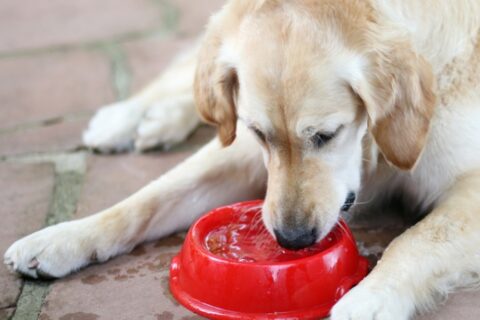Handling Aggressive Behavior in Your Dog
When your dog is showing signs of aggressive behavior, there are a few ways to intervene and manage your pet’s bad habits. First, you might call your Campbell vet hospital for a referral to a local dog trainer. These trainers can suggest certain methods you and your dog can utilize while your veterinarian can explore any medical causes for aggressive behavior. As you work with your dog trainer to correct negative behavior, remember that your dog may not understand that he is acting poorly and it can take time and patience to correct the problem.
Identifying Causes of Aggression
If your dog snaps or growls at certain people, other animals, or specific triggers, try to take note of the circumstances that led to these aggressive behaviors. It’s possible that your dog is hurt, sick, or doesn’t know how to inform you except to growl when you get near the painful area. Even certain foods and diets can also cause aggression in animals.
Working with Your Veterinarian
If your dog is injured or sick, you’ll want to consult your veterinarian right away. A veterinarian can diagnose and treat your dog to manage certain types of aggression. Sometimes older dogs in arthritic pain can show signs of aggression because their joints and muscles hurt when they are touched. An older dog can begin to lose hearing and eyesight. They can growl or bite when a stranger approaches because they cannot be identified. Your veterinarian can diagnose or rule out all of these possibilities.
Working with an Expert Trainer
Your veterinarian can suggest capable behavior experts to help combat your dog’s aggression. After any medical reasons for aggression have been diagnosed, it is time to speak with a behavior modification expert or an experienced and licensed trainer. These professionals can give you tools to encourage good behavior and discourage bad and aggressive behavior in your dog.


